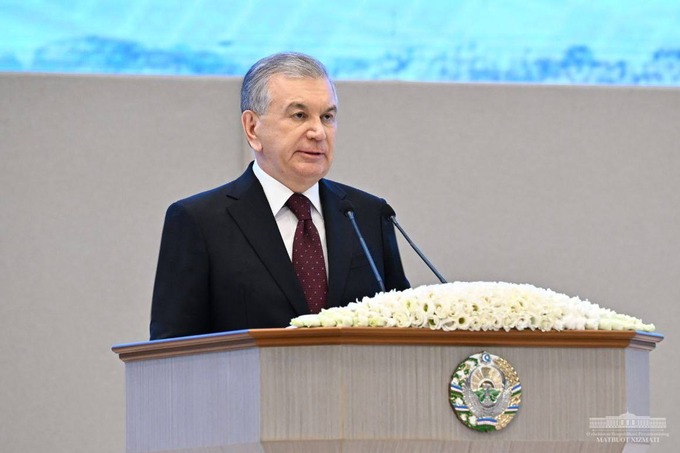Uzbekistan is on a roll with its economic reforms. This year alone, the country has issued a wildly successful debut Eurobond, kicked off an ambitious privatisation program, lifted restrictions on repatriation of corporate profits and floated its currency, thus eliminating a troublesome dual exchange rate system.
Investors – both financial and direct – are embracing the changes. Foreign direct investment (FDI) has jumped from $1.9bn in 2016 to an expected $7bn this year. The Investment and Foreign Trade Ministry expects FDI to exceed $10bn by 2022. Moreover, about half of foreign investment is going into sectors outside of the oil and gas industry, versus 30 per cent just a few years ago.
Financial investors are also rapidly warming to the Central Asian nation of 33m, the third-most populous former Soviet state. Many investors took part in a conference in Tashkent on November 15 on “The Role of Capital Markets in the Economic Development of Uzbekistan”, which had been put on by the government’s Capital Markets Development Agency (CMDA).
Financial investors are closely keeping an eye on the potential for corporate bond issuance. Atabek Nazirov, the dynamic former EBRD and Goldman Sachs banker who runs the CMDA, hinted at a press event this week that two such issues will be announced in the coming days.
Investors are also standing by to learn when stakes in state-owned enterprises will be sold off to private investors. Two “tester” transactions – sales of small stakes in medium-sized state companies – were successfully sold on the local capital market in recent months.
Sunatulla Bekenov, head of the State Asset Management Agency, was adamant in a briefing with journalists this week that the main aim of privatisation “is to improve the efficiency of enterprises and the economy more broadly”, not to fill government coffers. Uzbekistan has a modest debt-to-GDP ratio of 23.5 per cent and boasts some $28bn in foreign currency reserves.
“We want to see minimum intervention by the government in the economy,” said Laziz Kudratov, deputy minister of investments and foreign trade, one of the many energetic young reformers recently placed in senior government positions. Kudratov cites progress in a broad variety of areas: Uzbekistan is on track to join the World Trade Organization (WTO) in a couple years; the country has developed an energy plan for the next decade that will increase supply, attract private investment and diversify energy sources beyond gas (a recent deal signed with Total will see major solar production facilities built); and tax reform is beginning to kick off.
Minister of Finance Jamshid Kuchkarov notes that just this week a new law came into effect giving the Central Bank complete autonomy from the government, an important step as the bank shifts to a policy of inflation targeting.
That’s the pace of change in Tashkent these days: bold, substantive economic reforms are being rolled out on a weekly basis. Officials recognise that there are challenges to be overcome, but the momentum of positive change is strong, and the reforms are “irreversible” in the words of several officials that we spoke to this week.













